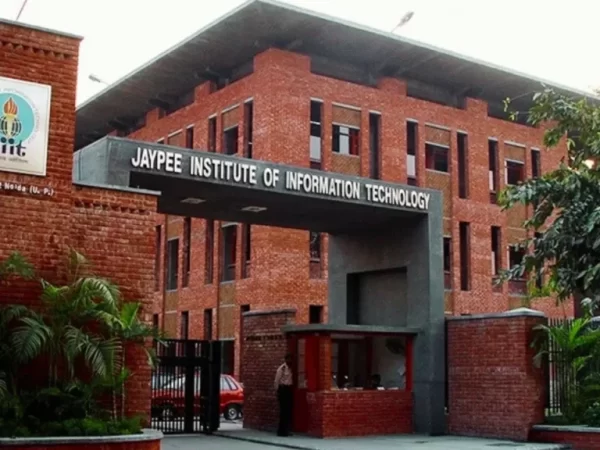Hawala in English, often shrouded in mystery, is a centuries-old informal financial system that operates largely outside traditional banking channels. Originating in South Asia, it has spread globally, offering an alternative means of transferring funds across borders. While it may seem clandestine, understanding its workings is crucial in today’s interconnected world. In this article, we delve deep into the world of Hawala, uncovering ten insider insights that shed light on its mechanisms, implications, and significance.
Hawala in English: Origins and Evolution
Hawala traces its roots back to the ancient trade routes of the Indian subcontinent, where it served as a means of facilitating cross-border transactions. Over time, it has adapted to meet the needs of a globalised economy, evolving into a complex network of brokers and agents spanning continents.
Hawala in English: Operating Mechanism
Unlike conventional banking systems, Hawala operates on trust and honour codes. A sender approaches a Hawaladar (broker) in one location, providing funds to be transferred to a recipient in another location. The broker then contacts their counterpart in the recipient’s area, who disburses the funds, often minus a commission fee.
Hawala in English: Role of Trust
Trust forms the backbone of Hawala transactions. It relies heavily on personal relationships and reputation, with brokers often operating within tight-knit communities where trust is paramount. This trust-based system enables transactions to occur swiftly and efficiently, even across international borders.
Hawala in English: Speed and Efficiency
One of the key advantages of Hawala is its speed and efficiency. Unlike traditional banking, which can involve lengthy processing times and bureaucratic hurdles, Hawala transactions are often completed within hours, if not minutes, making it an attractive option, especially for urgent remittances.
Hawala in English: Grey Areas and Regulation
While Hawala offers flexibility and speed, it operates in a legal grey area in many jurisdictions. Concerns about money laundering, terrorist financing, and tax evasion have led to increased scrutiny and regulation by governments worldwide. However, due to its informal nature, regulating Hawala remains a challenging task.
Hawala in English: Global Reach
Hawala has a global reach, with networks spanning continents and catering to diverse communities. From migrant workers sending money home to families in developing countries to businesses engaging in cross-border trade, Hawala serves a wide range of clientele, contributing significantly to global remittance flows.
Hawala in English: Resilience and Adaptability
Despite regulatory challenges and technological advancements in the formal banking sector, Hawala has proven remarkably resilient. Its adaptability to changing geopolitical landscapes and economic conditions underscores its enduring relevance in facilitating cross-border transactions, particularly in regions with limited access to formal financial services.
Hawala in English: Risk Factors
While Hawala offers convenience, it is not without risks. The lack of regulatory oversight and transparency exposes participants to potential fraud, scams, and financial loss. Moreover, its association with illicit activities raises concerns about unwittingly becoming involved in criminal enterprises.
Hawala in English: Socio-Economic Impact
Beyond its financial implications, Hawala plays a significant socio-economic role, particularly in developing countries. Remittances sent through Hawala channels serve as a lifeline for millions of families, providing essential income for basic needs such as food, education, and healthcare.
Hawala in English: Future Outlook
The future of Hawala is subject to various factors, including regulatory measures, technological advancements, and shifting global dynamics. While challenges persist, its resilience and adaptability suggest that it will continue to thrive, albeit in a constantly evolving landscape.
Conclusion
Hawala, with its rich history and intricate workings, offers valuable insights into the dynamics of informal financial systems. Despite facing regulatory challenges and inherent risks, its role in facilitating cross-border transactions and supporting underserved communities cannot be understated. By breaking down the walls surrounding Hawala and understanding its nuances, we gain a deeper appreciation of its significance in the global financial ecosystem.
FAQs
Q1. Is Hawala in English illegal?
No, Hawala itself is not inherently illegal. However, its operation may vary in legality depending on the jurisdiction and compliance with regulations regarding money laundering, terrorist financing, and other financial crimes.
Q2. How is Hawala in English different from traditional banking?
Unlike traditional banking, which operates within formal institutions and is subject to stringent regulations and oversight, Hawala operates informally based on trust and personal relationships. It often facilitates faster transactions with fewer bureaucratic hurdles.
Q3. What are the risks associated with Hawala in English transactions?
Risks include potential involvement in illicit activities due to the lack of transparency and regulatory oversight, as well as the possibility of fraud, scams, and financial loss.
Q4. Can Hawala in English be used for legitimate purposes?
Yes, Hawala can be used for legitimate purposes such as remittances by migrant workers, cross-border trade, and family support. However, it’s crucial to ensure compliance with relevant laws and regulations to mitigate risks.
Q5. How can governments regulate Hawala in English effectively?
Effective regulation of Hawala requires collaboration between governments, financial institutions, and Hawala operators. This may involve implementing robust anti-money laundering and counter-terrorism financing measures, enhancing transparency, and fostering dialogue with Hawala networks to ensure compliance with regulatory requirements.












